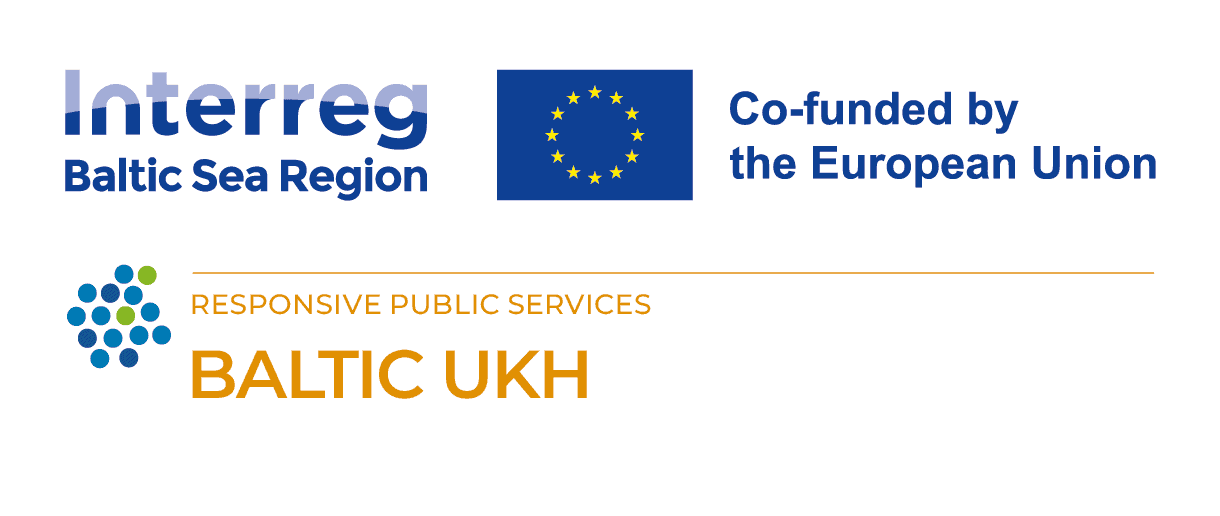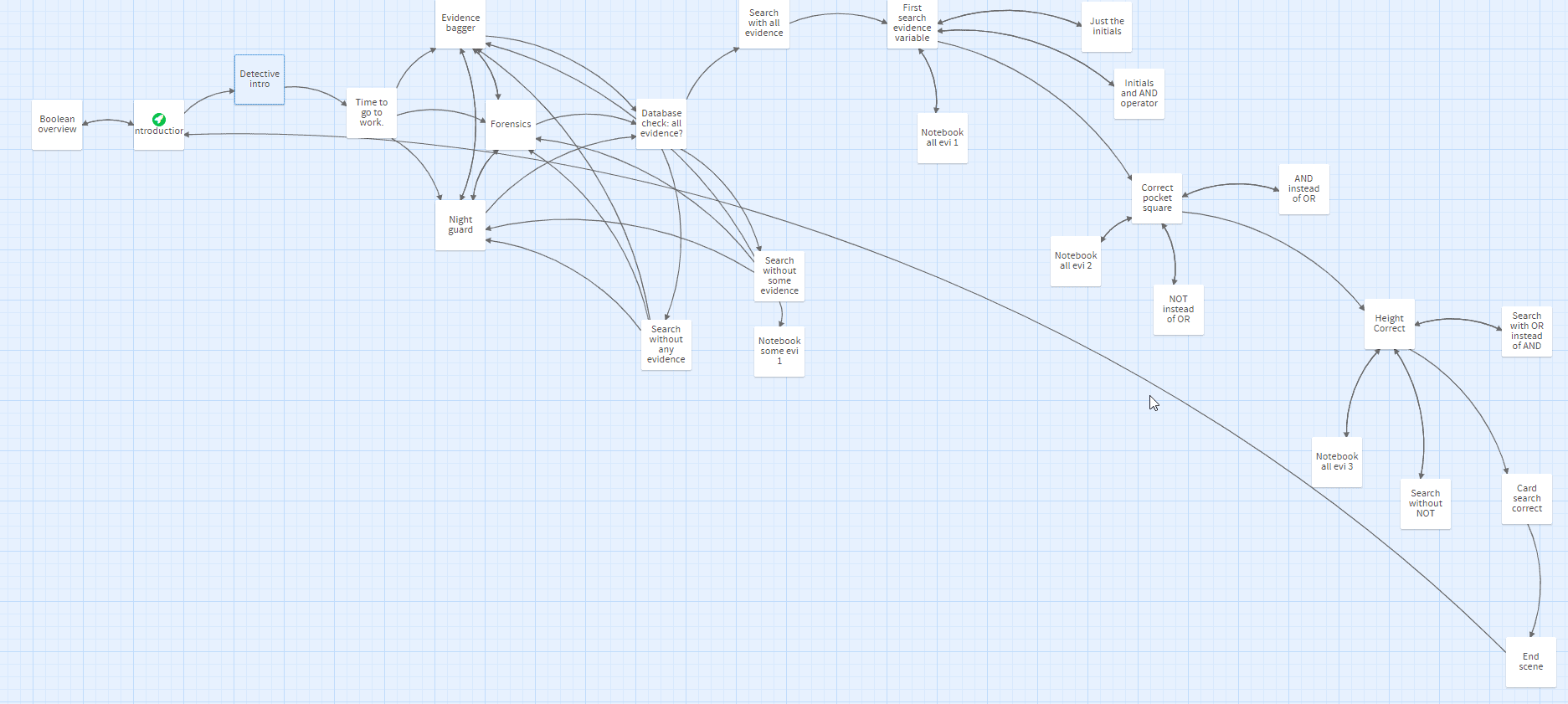
Copenhagen Pilot
31 January 2025
As the library service provider to the University of Copenhagen, the Royal Library and University Library of Copenhagen is not only responsible for providing access to materials and resources for students and faculty members, but also supporting the information skills in the student body. We teach integrated classes, open extra-curricular courses and offer support to individuals and groups throughout the university, from first semester to post-doc levels.
Though our services generally are well received by the student body, we suspect that a specific group within the student body is often overlooked. There is a wealth if literature in the library science describing “information uncertainty” and “library anxiety” as hurdles for some students to overcome, when being met by requirements to conduct independent literature searches and management.
In conversation with our Associated Organization and colleagues in the library science field, we identified this target group as students facing a plethora of issues regarding motivation, time management, navigating the academic field, general well-being, and possibly mental health challenges and neurodiversity.
This led us to suspect that there is a group of students for whom the existing services at the University Library do not enable confidence in their information competencies. We thus sought to resolve this by way of a multi-pronged approach.
The concept: Provide a channel to reach students outside the traditional classroom
During our conversations with our Associated Organization, which is to say both the pedagogical center and psychological contact points, a term that was frequently used to describe struggling students was “burnt-out.” The general workload, as well a feeling of social pressure, led this group to prioritize their time towards mandatory activities only. This sort of description would make traditional voluntary extra-curricular teaching a more difficult proposition if we wanted to engage this target group.
The product: Gamify teaching information skills
One way to reach these students is to make services on-demand and take the social interaction and initiative out of the equation. With this in mind, we designed a choose-your-own-adventure game in the open source software, Twine. Players must solve a murder mystery by first collecting evidence and then deduce the suspect in a database using Boolean operators, the same tools one would use in developing a search string in a literature database. This game is meant to make these somewhat abstract concepts intuitive and easy to learn.
The outlet: Make the resource available through own and university channels
As our target group is fighting issues with motivation and work overload, it is important that the resource is available at their convenience. Using both national open educational resource platforms and hosting the game on our own website, the students can access the game when it suits their schedule. As a single-player interface with built-in feedback throughout the game, the resource can be distributed by not only the library, but also by our associated association when interacting with the target group.
Filling the gaps: Supplement the resource with short-talks
Not all skills can be taught in a gamified session. As noted before, however, the standard two-hour courses is not suited for all students. We therefore chose to supplement the game with short-format library talks.
The library short talks are aiming at teaching students relevant information skills, which will elevate their academic work. We are holding these 20 minute sessions informally in a relaxed setting in order to make them and the content more approachable.
Focusing on 4 different themes, the talks will address skills we found the students to benefit the most from, in their current approach to information searching.
The themes for the initial 4 sessions are:
1: Citation and “chain” searching (using existing results to find more relevant results in literature searches).
2: Using google for academic searching (how a non-academic search engine can help the students in their search process).
3: Material types (understanding the different types of publications and how they differ)
4: ‘Searching beyond google’ (taking the first steps away from a known search engine in academic work).
The format will allow these talks to be held inside and outside the library at suitable times and places, such as start-of-term, during exam periods, and in physical settings throughout the library and campus.
Interactive map showing pilot locations. Use the arrow keys to move the map view and the zoom controls to zoom in or out. Press the Tab key to navigate between markers. Press Enter or click a marker to view pilot project details.







